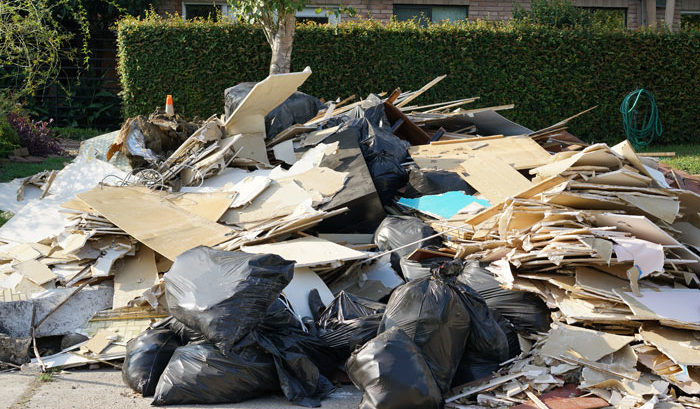6 Tips for Protecting Your Business Against Natural Disasters
FEMA Guidance on Protecting Company Documents and Equipment
As this week’s severe storms have demonstrated, natural disasters can happen suddenly at any time. It is prudent to take special precautionary steps to protect your company in the event of a natural disaster. The following actions are recommended by the Federal Emergency Management Agency (FEMA):
- Protect Business Records. Determine which on-site records, files, and materials are most important to normal business operations; consider their vulnerability to damage during different types of disasters (such as floods and hurricanes) and take steps to protect them (i.e., regularly back up vital electronic files and store copies in a secure off-site location).
- Know What Insurance Will Cover. Make sure you are aware of the details of your flood insurance and other hazard insurance policies, specifically which items and contents are covered and under what conditions. Check with your insurance agent if you have questions about any of your policies.
- Develop An Emergency Action Plan. Assign disaster mitigation duties to your employees. For example, some employees could be responsible for securing storage bins and others for backing up computer files and delivering copies to a secure location.
- Obtain Cost Estimates. Estimate the cost of repairing or replacing each essential piece of equipment in your business. Your estimates will help you assess your vulnerability and focus your efforts.
- Maintain Written Inventories. For both insurance and tax purposes, you should maintain written and photographic inventories of all important materials and equipment. The inventory should be stored in a safety deposit box or other secure location.
- Perform Building Evaluations. Periodically evaluate the building envelope to make sure that wind and water are not able to penetrate the building. Perform regular maintenance and repairs to maintain the strength of the building envelope.
The cost of these measures will depend on the size and contents of your business, the nature of the potential hazards, and the effort required to ensure proper protection.




